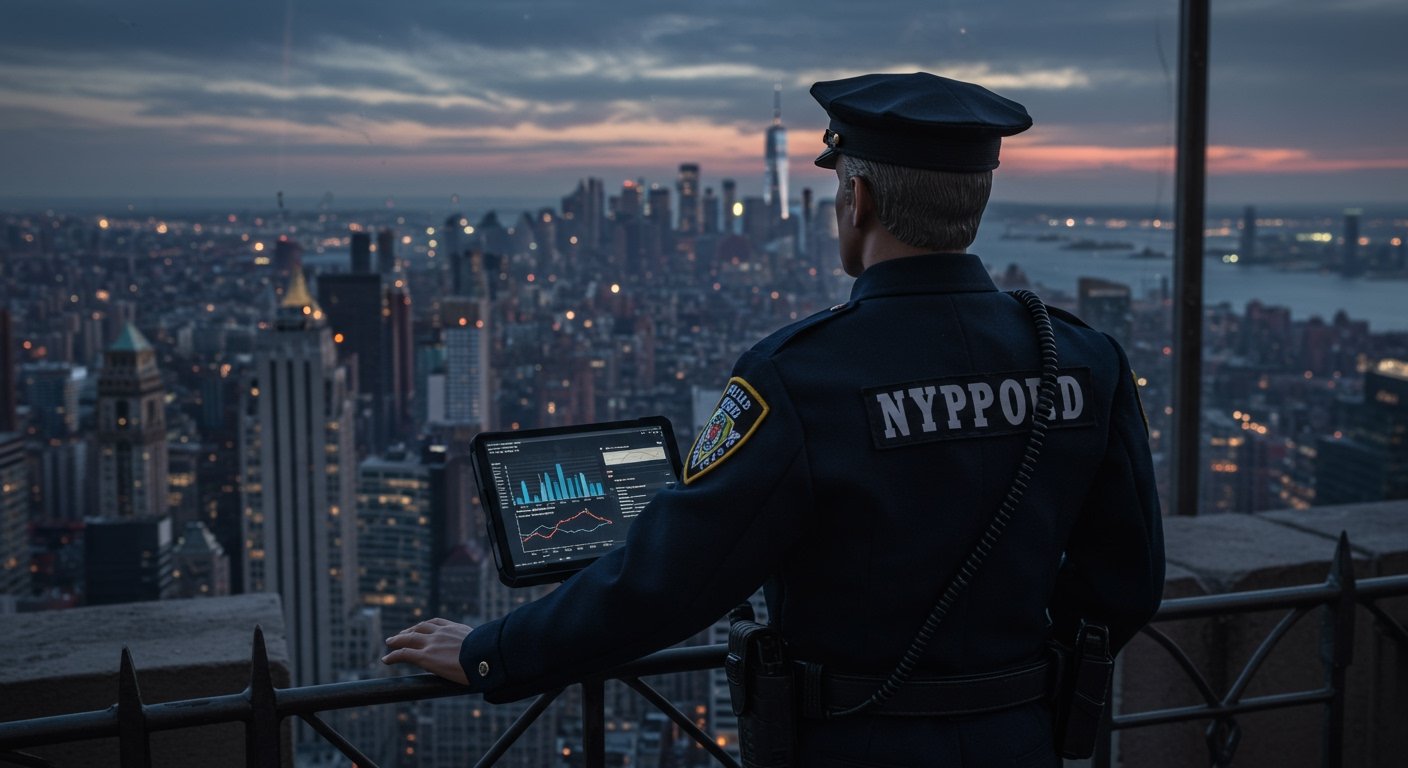WASHINGTON D.C. – House Republicans are preparing a significant legislative push to overhaul Washington D.C.’s criminal justice system and curtail the city’s self-governance, introducing a slate of bills that could drastically alter local laws and federal oversight. These proposals, championed by members of the House Oversight Committee, align with priorities articulated by President Donald Trump and U.S. Attorney Jeanine Pirro, aiming to toughen crime measures and assert greater federal control over the nation’s capital.
At the heart of the proposed package is a contentious plan to remove the city’s locally elected Attorney General, replacing the position with a presidential appointee who would bypass Senate confirmation. This move is part of a broader Republican agenda to increase federal authority in D.C., with some proposals even suggesting the outright repeal of the District of Columbia Home Rule Act of 1973, which established the framework for local self-governance. Bills like H.R. 214, the “District of Columbia Legislative Home Rule Act,” aim to eliminate the congressional review period for D.C. legislation, while other efforts, such as the “Bringing Oversight to Washington and Safety to Every Resident Act” (BOWSER Act), propose to repeal the Home Rule Act entirely, returning D.C. to direct federal oversight.
The proposed criminal justice reforms include reintroducing mandatory minimum sentences for serious crimes such as murder and carjacking. A significant shift would occur in juvenile justice, with proposals to lower the age for trying juveniles as adults from 16 to 14 for certain violent offenses. This initiative directly addresses concerns voiced by U.S. Attorney Jeanine Pirro, who has publicly criticized D.C.’s current laws for allegedly coddling young offenders and preventing effective prosecution.
Further changes target D.C.’s existing progressive justice policies. One bill seeks to repeal the Second Chance Amendment Act of 2022, which allows for the sealing of criminal records, a move Pirro has decried as an “erasure of criminal convictions.” Another proposal aims to eliminate sentence reductions for certain offenses, specifically targeting provisions related to the Incarceration Reduction Act that allow for reduced sentences for crimes committed before age 25. The reinstatement of a cash bail system for charges including fleeing law enforcement, rioting, aggravated assault, and destruction of property is also on the agenda, alongside a mandate for pre-trial detention for all defendants charged with violent crimes.
These legislative efforts by House Republicans are not new. For years, GOP members have expressed concerns about D.C.’s public safety policies, often portraying them as too lenient and contributing to rising crime rates. In 2023, Congress successfully blocked a revision to the D.C. criminal code and a police reform bill. The current proposals represent a more aggressive stance, seeking to implement changes that would enact the most significant federal interventions in the city’s justice system since the federal government assumed greater control in the 1990s following the Revitalization Act.
Leading the charge is the House Oversight Committee, chaired by Rep. James Comer, which has also launched an investigation into allegations of manipulated crime data within the Metropolitan Police Department (MPD). Citing whistleblower disclosures, the committee is examining claims that D.C. police leadership deliberately falsified statistics to create a false impression of safety, a move that contradicts reported drops in certain crime categories cited by D.C. officials like Mayor Muriel Bowser. These allegations are viewed by Republicans as further evidence of mismanagement in the District.
While many of these proposals align with President Trump’s broader agenda to restore “law and order” and make the nation’s capital “safe and beautiful,” their path through Congress faces potential obstacles. Any legislation passing the House could encounter difficulties in the Senate, where the filibuster rule often requires bipartisan support for bills to advance. D.C. officials, including Council Chairman Phil Mendelson, have expressed concerns about the potential impact on local autonomy, with the D.C. Council reportedly hiring lobbyists to advocate on Capitol Hill.
The unfolding legislative agenda from House Republicans signals a critical juncture for D.C.’s governance, intensifying the long-standing debate over home rule and federal authority in the American capital. The proposed bills aim to reshape the city’s justice system and its relationship with the federal government, with profound implications for the rights and responsibilities of its residents and elected officials.











